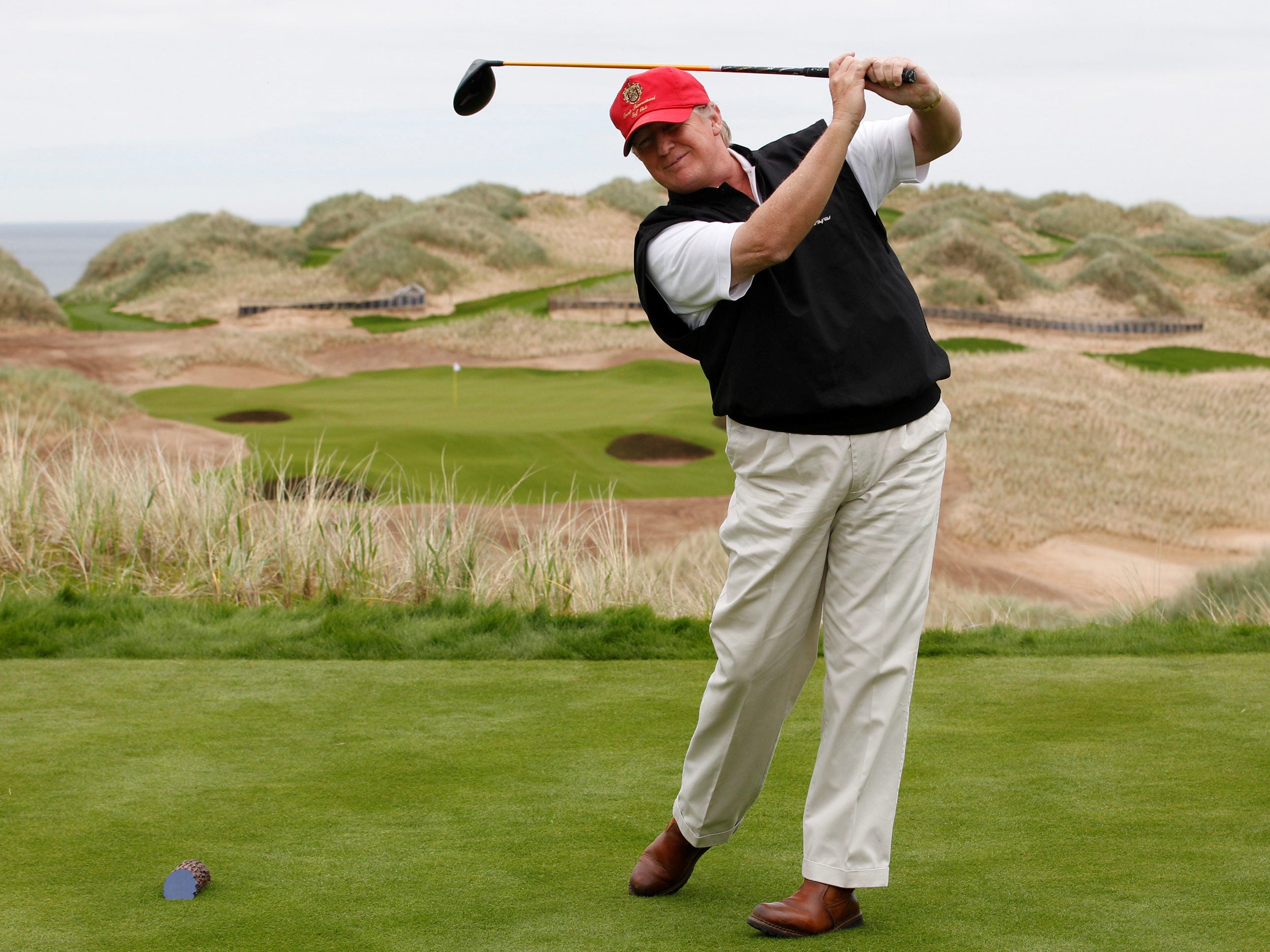
The only surprising thing about the fake news hoo-ha is that anyone should be surprised by it.
The internet has many upsides, but the ease with which complete nonsense can be created and published is one of the downsides. It will be with us as long as people have screens, and eyes to view them with.
The staggeringly obvious inevitability of this has not stopped a certain amount of hysteria breaking out on the subject, some of it from politicians who know a good excuse for failing to connect with electorates when they see one. So let us now try and calm things a little.
Until about 25 years ago, when the internet began to go mainstream, no one in history ever read an article in a mass-market paper or magazine unless it had first been approved, and often edited, by someone employed to do so.
That process of control did not stop inaccurate news being published. Journalists made genuine errors, governments and others released misleading information, often deliberately, and, very occasionally, corrupt and warped reporters made stuff up. But, in countries with a free press, this process of mediating severely limited the amount of junk news.
Then the internet ushered in the age of unmediated media. Anyone with a few basic skills and access to a device could publish anything and be untroubled by questions editors have always put to professional journalists: “Have we got proof?” and “What or who is your source?”
And thanks to social media, what some of these lone operators upload are not articles, blogs, or attributed claims, but opinion, rumour, emoting, hearsay, conspiracy theory claptrap, and, in a few cases, deliberate and malicious falsehoods.
Much has been written about how the web has created communities of interest, i.e those sharing an activity or subject exchanging or creating material of mutual concern.
But it has also created communities of bias, where those who share an outlook on social or political issues gravitate together online and put out, or recycle, opinions and claims posing as news to bolster each other’s pre-conceived ideas – what you might call echo-chambers of prejudice.
Websites linked to Beppe Grillo’s Five Star in Italy are a classic example, but this was seen at its most glaring in the US presidential election campaign, where, especially among Trump supporters, there was a readiness to believe the most absurd nonsense.
One man turned up at a pizza restaurant in Washington with a gun, determined to investigate claims he’d read online that senior Democrats were running a child abuse ring there. It was, as any sane person would have known, obvious rubbish, and fortunately he surrendered after firing only three harmless shots.
Thirty years ago, combustible and crazy allegations like this would not have had a public route to such a fool. But, for those without much in the way of judgement or sense (which is an alarming number of people), when something appears on the net, rather than muttered by some drunken jerk in a bar, it carries weight and a superficial veracity.
It is a sobering thought that more and more people are getting their news via social media and the pages of people who are their friends, or who think like them. They are breathing only the stale, recycled air of their own prejudices, and hardly ever, if at all, the fresh air of unbiased news or contrary opinion.
But fake news is not just circulated by political loons. Money comes into it with clickbaiting, the origin of much of the most preposterous material. Creating phoney news sites has become a sort of cottage industry for young male techies, especially in central and eastern Europe.
Hundreds of pro-Trump “news’ sites have been traced back to just one town, Veles in Macedonia, where their creators are reported to be making thousands of dollars a month from the idiots who swallow and pass on their confections. The websites certainly exist, but I doubt they make that much money.
So what can be done about it? I have an idea which I think far more sensible than any of the bans, apps, and panels of learned adjudicators proposed by assorted governments, techies, and bearded part-time comedians who run political movements in Italy: do nothing.
Widespread fake news was very much confined to the US election. It did not feature in the Brexit campaign, and it won’t play much part in the Dutch, French, or German elections.
For fake news site generators, the money is made in the lucrative market of click-happy Americans, and not anywhere else. Nor need everyone, when they read news online, have an app running that turns them into their own fact-checker. As if any of us have time for that.
Better, I think, to wait for word to gradually seep through that general news journalism which strives for truth is almost exclusively produced by mainstream professional news media. Those who can’t accept that will be doomed to wander forever through the net, trying to work out for themselves whether a story is true or was concocted in Macedonia and re-tweeted by some automatic weapon-owning fruitcake in Fakeville, Alabama.
Email pged@pressgazette.co.uk to point out mistakes, provide story tips or send in a letter for publication on our "Letters Page" blog
